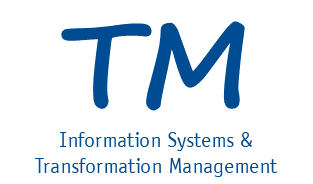Publications
Publications of our group
Type of Publication: Article in Collected Edition
The Digital Divide Vs. The E-Government Divide: Do Socio-Demographic Variables (Still) Impact E-Government Use Among Onliners
- Author(s):
- Niehaves, Björn; Gorbacheva, Elena; Plattfaut, Ralf
- Editor:
- Gil-Garcia, J. Ramón
- Title of Anthology:
- E-Government Success Factors and Measures: Theories, Concepts, and Methodologies
- pages:
- 52-65
- Publisher:
- IGI Global
- Publication Date:
- 2013
- Digital Object Identifier (DOI):
- doi:10.4018/978-1-4666-4058-0
- Citation:
- Download BibTeX
Abstract
E-government is beneficial for both citizens and public administrations. However, there are great differences in citizens’ e-government usage and, thus, there exists a gap between adopters and non-adopters of e-government services. Most related studies explore e-government acceptance on the basis of the entire population, while investigation of onliners rarely takes place. However, being online is a necessary pre-requisite for consuming Internet-based e-government services. Against the background that the number of Internet users is increasing steadily, the authors identify the need to differentiate general Internet adoption (digital divide) effects and e-government-specific divide effects. In the study, they develop a research framework, where the cumulative effect of e-government adoption (among all people) is split into (1) the digital divide effect and (2) the e-government divide effect (among Internet users). The authors derive three corresponding research models and examine the influence of socio-demographic factors: age, gender, income, and education. They test the research framework using comprehensive survey data (n = 1930). Analysis of the results justifies the separation of the e-government divide effect from the cumulative effect of e-government adoption, because the factors influencing e-government usage among the entire population and among onliners are proved to be different. Implications for theory and recommendations for practice are discussed. The findings reveal two important success factors for e-government: citizens’ Internet literacy and e-government services targeted at lesser-educated citizens.

